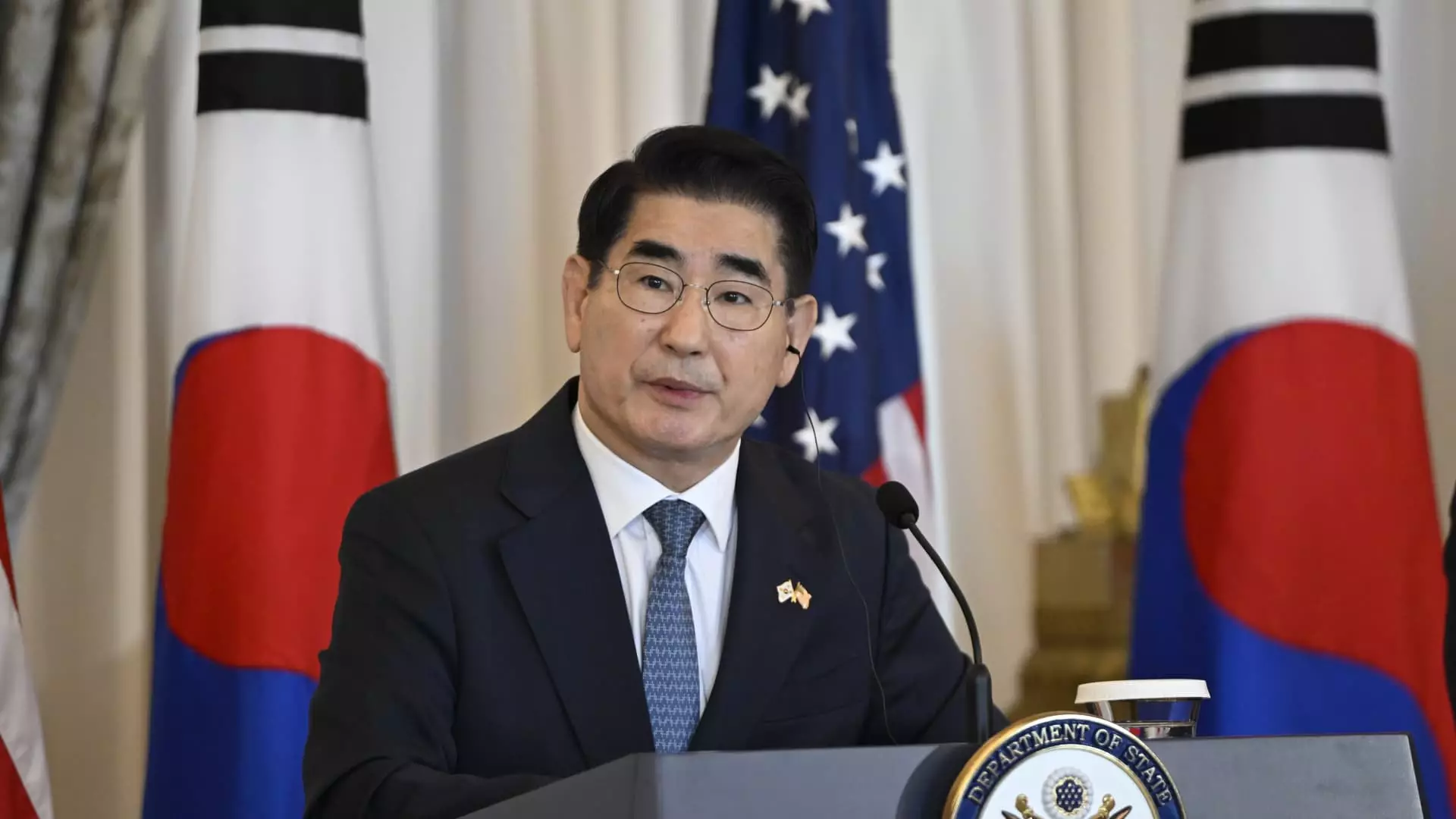In a significant development within the South Korean government, President Yoon Suk Yeol has officially accepted the resignation of Defense Minister Kim Yong-hyun. This move has been further marked by the nomination of Choi Byung-hyuk, who currently serves as South Korea’s ambassador to Saudi Arabia, to step into the critical role of defense minister. The decision comes at a pivotal moment, underscoring the urgency and gravity of the political landscape in the nation. Choi, a former army general, is seen as a stabilizing figure, with Yoon’s chief of staff, Chung Jin-suk, highlighting Choi’s principled approach and commitment to adhering to regulations. This context paints a picture of a government scrambling to regain control amid internal dissent and external pressures.
The backdrop of this leadership change is the controversial proposal by Kim Yong-hyun, who reportedly advised President Yoon to declare martial law in response to growing unrest. This draconian suggestion stirred significant backlash and led to its rapid withdrawal after resistance from the parliament. The subsequent parliament vote to lift the martial law declaration and the introduction of a motion to impeach Yoon showcase the deep divisions within South Korea’s political framework. The urgency for a new defense minister cannot be overstated, as the government grapples with the ramifications of a poorly executed martial law strategy, which many, particularly from the opposition Democratic Party, have labeled as treasonous.
As Yoon navigates this political quagmire, the stakes are incredibly high. The Democratic Party, capitalizing on the public outcry against the martial law proposal, is poised to lead a vote for impeachment that could significantly threaten Yoon’s presidency. The swift reappointment of a new defense minister like Choi signals an attempt to rally and stabilize the administration amid swirling allegations of incompetence. Furthermore, this decision illustrates the delicate balance Yoon must strike between appeasing his party loyalists and addressing the concerns of an increasingly vocal opposition.
With the nomination of Choi Byung-hyuk, Yoon’s administration faces both an opportunity and a formidable challenge. Choi’s military background and reputation for dedication may attract public trust; however, the larger issue remains the perception of stability and effective governance. Given the imminent threat of impeachment and the stark divisions in parliament, Yoon must act decisively not only to bolster his administration’s credibility but also to placate a restless public. The forthcoming days will be critical in determining whether Yoon can rally support within his ranks and whether Choi can effectively steer the defense ministry through a period marked by significant strife. As South Korea moves forward, the impact of this leadership shift will be closely scrutinized, with the potential for lasting ramifications on the political landscape.


Leave a Reply